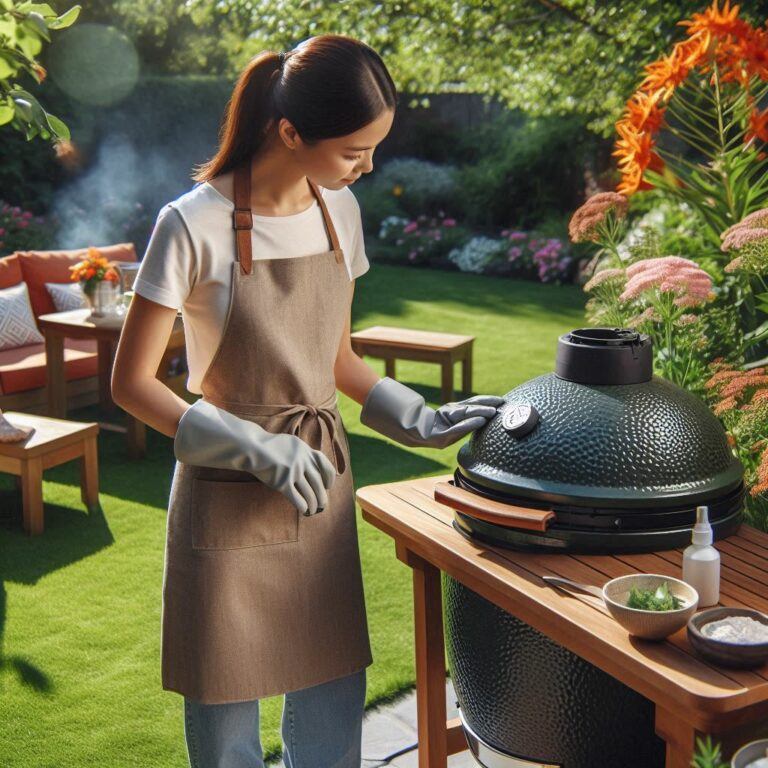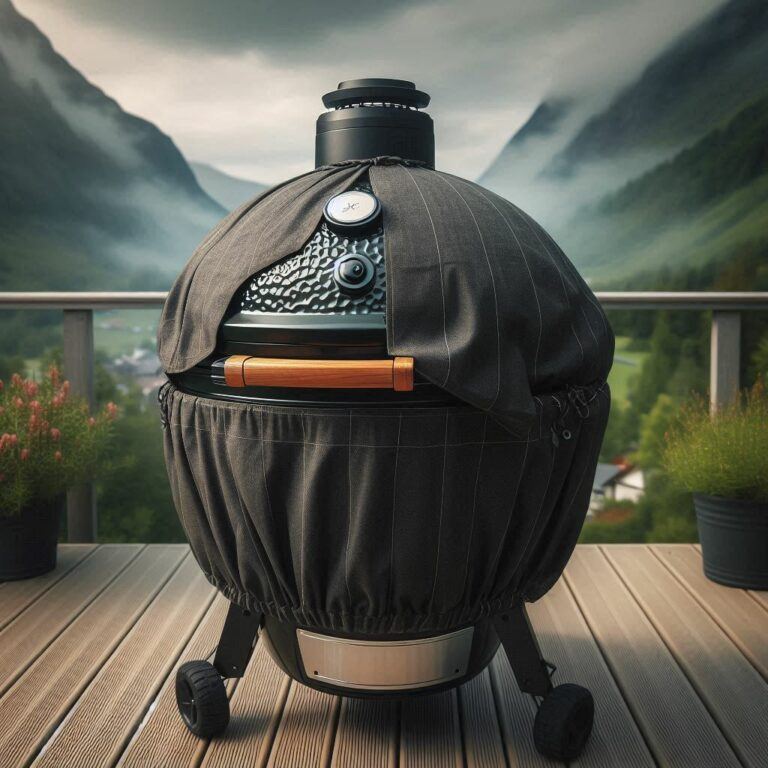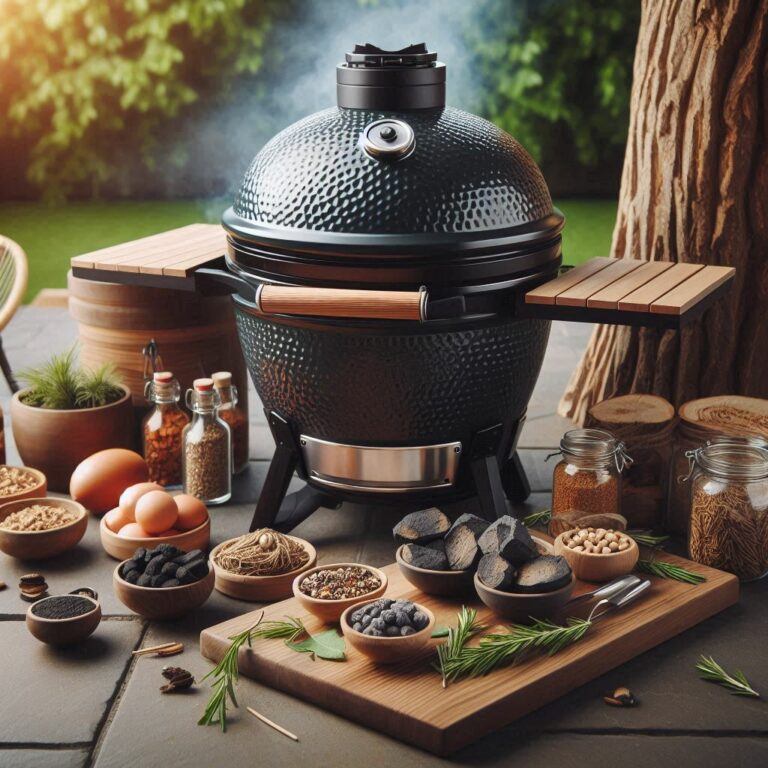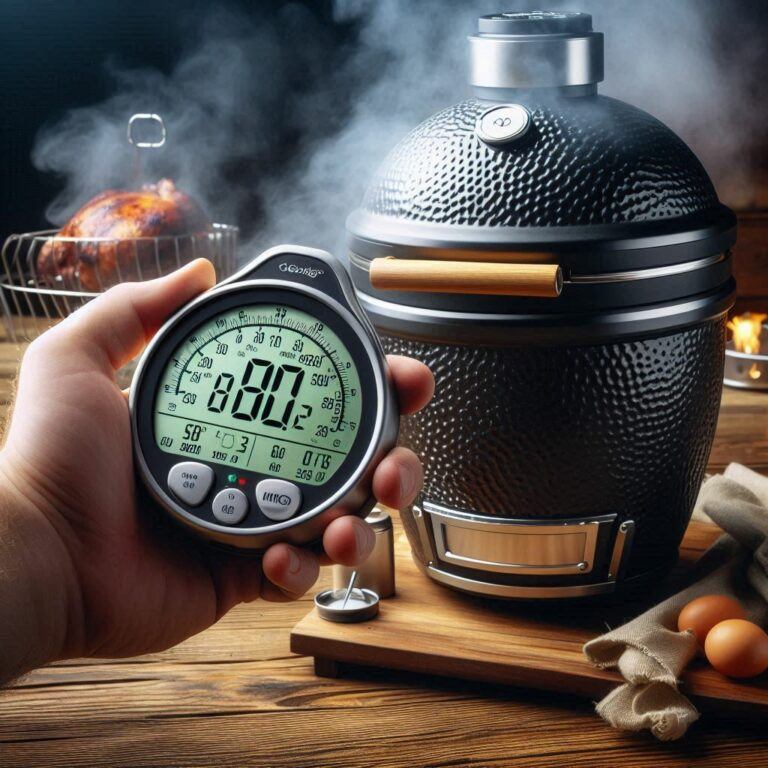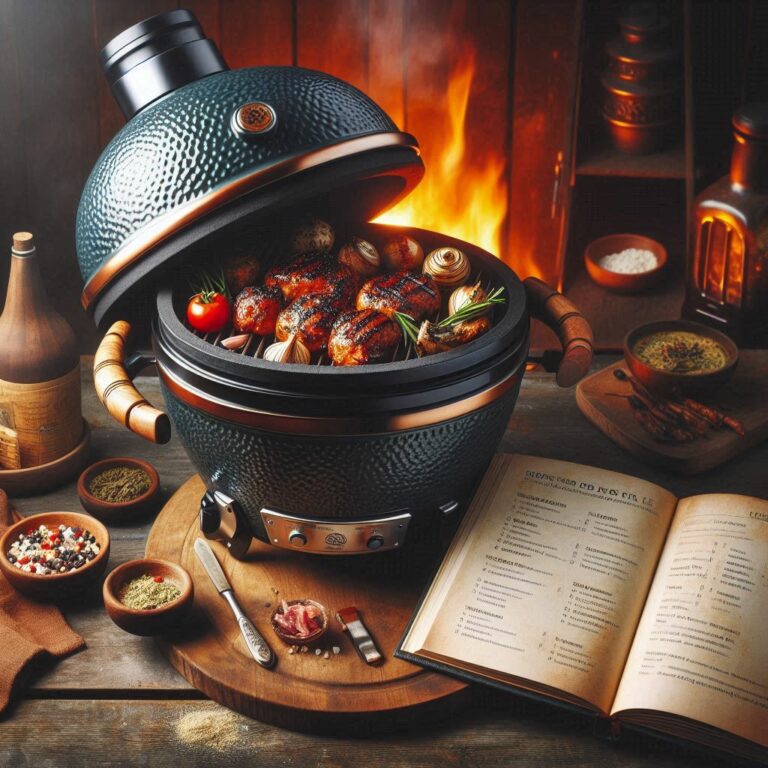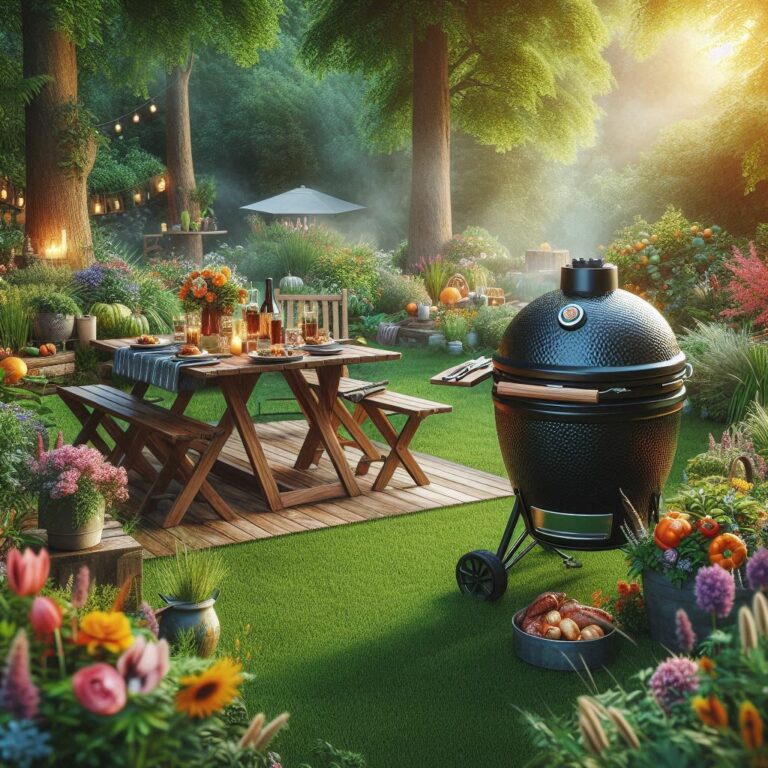Weber BBQ E425 Maintenance And Cleaning Solutions

TL;DR: The Weber BBQ E425 is a powerful, well-built grill with four fast-heating burners, stainless steel grates, side burners, and plenty of cooking space—ideal for serious outdoor cooking. Regular light cleaning after each use, occasional deep cleans, and simple maintenance…

